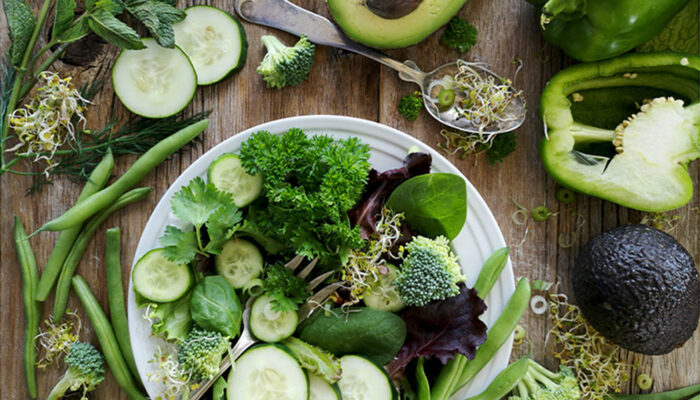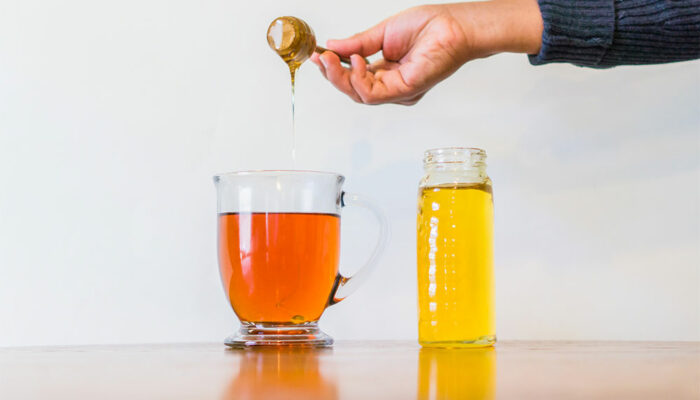
health
8 signs indicating excess sugar intake
Statistics suggest that almost 90% of the people in the country regularly exceed their daily sugar intake. Excess sugar intake contributes to obesity and diabetes. Moreover, people who are unaware of their blood sugar levels may consume more sugar, worsening the condition. Hence it is important to be aware of symptoms that develop with increased intake of sugar. Let’s take a look at what happens to the body when excess sugar is consumed. Tooth Decay This is the first sign the body sends when you eat excess sugar. The acid produced when sugar is broken down interacts with the enamel of the teeth, which causes them to decay. Increased hunger with weight gain With an increased sugar intake, there is also a surge in calorie intake, which increases bouts of hunger pangs. Stuffing with sugar instead of proteins and healthy fats can lead to excess weight. Skin problems This is yet another thing that happens to the body when you eat sugar. Sugary foods (except fruits that are naturally sweet) have a high glycemic index, and such foods are associated with skin problems, like acne and wrinkles. Irritability It has been observed that excess sugar intake can make you stressed and irritated.
Read More 








